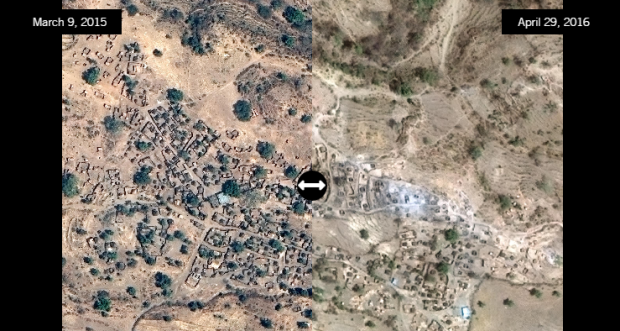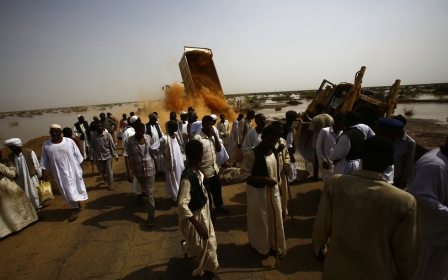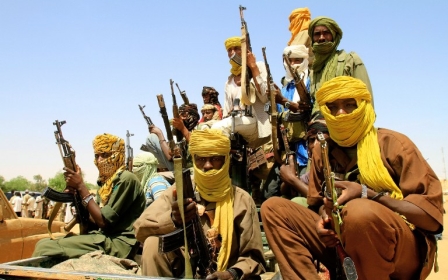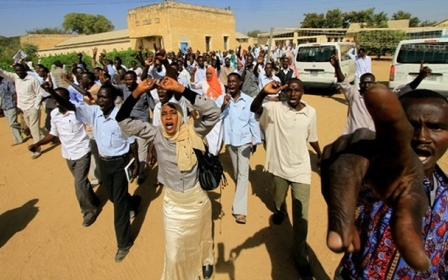Sudan kills women and children in Darfur chemical attacks: Amnesty
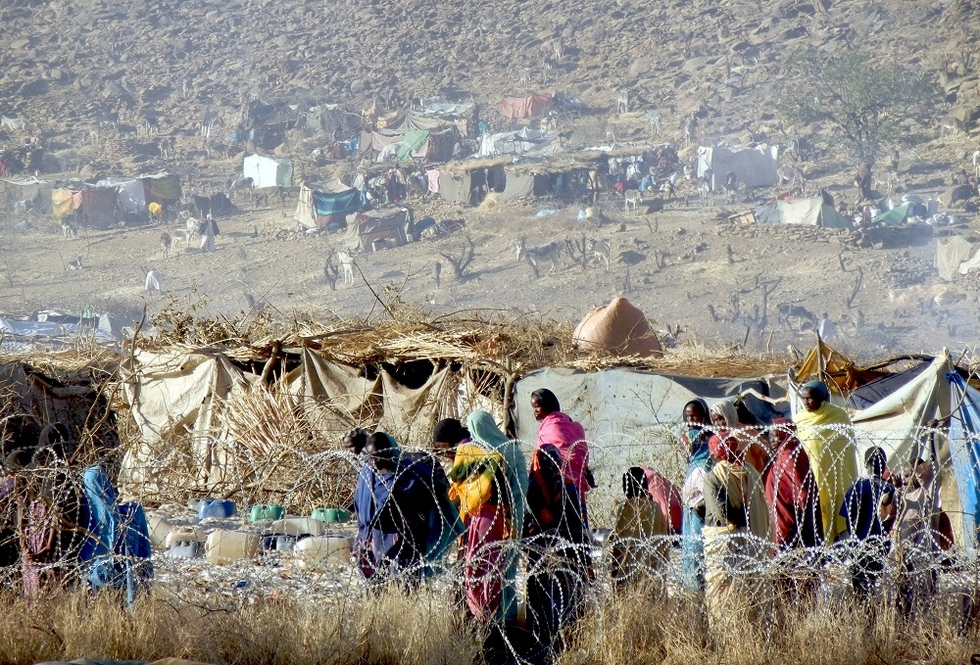
Amnesty International has accused Sudan's military of killing scores of civilians, including many children, in suspected chemical weapons attacks in war-torn Darfur, the rights group said in a damming report released on Thursday.
Amnesty claims that government forces may have killed "between 200 and 250 people" by exposure to chemical weapons agents. The UK-based group said it had documented more than 30 attacks that were launched on several villages in Darfur's thickly forested and mountainous Jebel Marra region between January and September of this year as part of a military campaign against a rebel group.
The Sudanese military rejected the allegations when contacted by AFP.
"Amnesty's report is incorrect because the situation on the ground does not need intensive bombing as there is no real presence of rebels anymore," said Sudanese army spokesman Brigadier Ahmed Khalifa a-Shami.
"There is also a clear order to our troops not to target rebels if they happen to be in villages or in areas inhabited by civilians."
Shami said intense military operations in Darfur were ruled out as the government was engaged in peace talks with rebels.
"This report does not make sense as the government has a political process in place to solve the issue," Shami said.
Talks between Khartoum and rebels in August in Addis Ababa failed to reach an agreement on a ceasefire in Darfur and two other Sudanese states, Blue Nile and South Kordofan.
Amnesty's nearly 100-page report contains gruesome photographs of children suffering from apparent chemical burns, satellite images of destroyed villages and displaced people, interviews with more than 200 survivors, and analysis by chemical weapons experts.
"The evidence we have gathered is credible and portrays a regime that is intent on directing attacks against the civilian population in Darfur without any fear of international retribution," Amnesty's crisis research director Tirana Hassan said in a statement.
Darfur has been engulfed in a deadly conflict since 2003 when ethnic minority groups took up arms against President Omar al-Bashir's Arab-dominated government.
Bashir then launched a brutal counter-insurgency that has ravaged Darfur - a region of the size of France.
At least 300,000 people have been killed and 2.5 million displaced, the United Nations says.
Bashir is wanted by the International Criminal Court on war crimes and genocide charges related to Darfur, which he denies.
New MEE newsletter: Jerusalem Dispatch
Sign up to get the latest insights and analysis on Israel-Palestine, alongside Turkey Unpacked and other MEE newsletters
Middle East Eye delivers independent and unrivalled coverage and analysis of the Middle East, North Africa and beyond. To learn more about republishing this content and the associated fees, please fill out this form. More about MEE can be found here.


